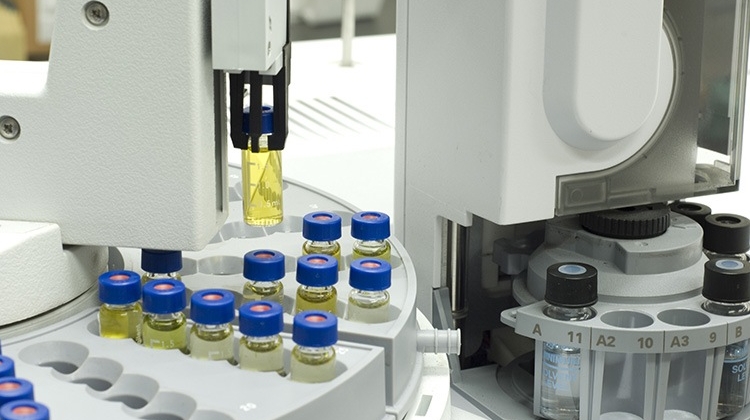It’s hard to believe, but it was 10 years ago when I gave my first presentation on continuous manufacturing for pharmaceuticals. It was at the ISPE Nordic Conference in Copenhagen in 2010, and I was still at FDA at the time. Looking back, it’s interesting to note that the conceptual examples provided back then have to a great extent become reality today.
A decade later, FDA continues to be a fervent supporter and enabler of continuous pharmaceutical manufacturing. In the OPQ 2019 Annual Report, FDA provided that they have now approved 7 small molecule continuous manufacturing applications, with the most recent being the first ever continuous manufacturing process approved for an active ingredient.
While all the approved applications to date have been for small molecules, as we move into this third decade of the third millennia, we expect to start seeing approved regulatory applications of continuous technology for the manufacture of proteins and vaccines. Indeed, FDA’s interest in advancing continuous for both small and large molecule products can be seen by where they spend their money. FDA is performing their own in house research and has awarded millions of dollars to universities to study continuous manufacturing.
FDA is not the only regulator who is interested in continuous manufacturing. Small molecule drug products made by continuous processes have now been approved by over a dozen regulatory agencies. Further worldwide interest can be seen with the ongoing development of ICH Q13 Guideline on “Continuous Manufacturing for Drug Substances and Drug Products”.

A snapshot of the continuous manufacturing landscape today shows a wide range of uptake. On the small molecule side, manufacturers lie along the spectrum of fully adopted to haven’t started. On the large molecule side, the technology is still in its infancy, yet we are increasingly seeing continuous manufacturing elements for process intensification, unit operation integration, and product interrogation.
In both the realms of small and large molecule continuous manufacturing, ISPE continues to be a global leader. Through its conferences, publications, working groups, and communities, ISPE is in the forefront of shaping the landscape and communicating progress of continuous manufacturing. Along these lines, ISPE is holding its 3rd in a series of workshops on continuous manufacturing on June 3-4 in Boston, MA, 2020 ISPE Continuous Manufacturing Workshop. Once again, I have the honor of chairing this workshop which will feature a broad array of leaders in industry, academic, and regulatory to discuss both small molecule and biologics continuous manufacturing.
The workshop is entitled “A New Decade for Continuous Manufacturing: Current Landscape and Future Opportunities”. It seeks to do just that in providing attendees updates on the current status and a glimpse of the future directions for continuous manufacturing, for multiple products and multiple technologies. Our goal is to provide attendees the knowledge needed to help them tackle the technical, regulatory, and organizational challenges in their journey toward manufacturing modernization by going continuous.
I hope to see you in Boston at the workshop!
Learn More






